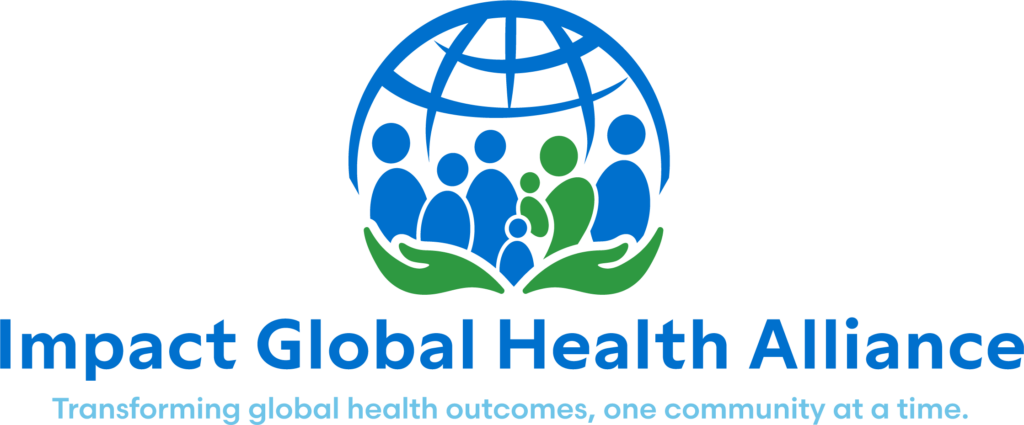Breastfeeding is an age-old practice carried out by mothers around the globe. Yet in a globalizing world where the spread of information regarding best health practices is constantly evolving, breastfeeding has taken a back seat to other feeding practices like infant formula. The worldwide slogan, “breast is best” represents the mindset many international health organizations are trying to promote. It is imperative that mothers understand the substantial benefits of this life-altering practice.
Breastfeeding is the most natural, efficient, and cost-effective solution to child malnutrition in developing nations for children under the age of five. The World Health Organization (WHO) and the United Nations Children’s Fund (UNICEF) support Exclusive Breast-Feeding (EBF) for the first six months of life and the initiation of breastfeeding within the first hour after birth. When affordable, safe, and accessible, they recommend complementary feeding after six months. UNICEF findings show that optimal breastfeeding of infants under two years of age has the greatest potential impact on child survival of all preventative interventions2. Children who are breastfed have at least six times greater a chance of survival in the early months, with the chances of death from respiratory infection and diarrhea being significantly reduced.
 The benefits of breastmilk are endless. Breastmilk provides all the nutrients, vitamins and minerals an infant needs and carries antibodies from the mother to combat disease2. In addition, it improves cognitive performance and is associated with healthy brain development and educational achievement by age five2. Breastmilk is easily digestible, hygienic, and contains important immunologic components, which is vital for a child born to an HIV positive mother1. Above all, breast milk is free! It is simply the most cost-effective and smart solution to child malnutrition.
The benefits of breastmilk are endless. Breastmilk provides all the nutrients, vitamins and minerals an infant needs and carries antibodies from the mother to combat disease2. In addition, it improves cognitive performance and is associated with healthy brain development and educational achievement by age five2. Breastmilk is easily digestible, hygienic, and contains important immunologic components, which is vital for a child born to an HIV positive mother1. Above all, breast milk is free! It is simply the most cost-effective and smart solution to child malnutrition.
Mothers are not breastfeeding optimally when mixing breastmilk with other fluids before six months and this can increase the chances of disease transmission. Awareness is key, as many women are simply uninformed about the extensive benefits of breastfeeding or fear the transmission of HIV. As of 2013, the WHO also supports EBF for HIV positive mothers through the first six months of life. Worldwide action needs to be taken to promote exclusive breastfeeding among mothers, especially in developing nations.
Join Impact Global Health Alliance to support breastfeeding this month—the results are priceless!
Learn about how Impact Global Health Alliance Global’s projects promote breastfeeding in order to save the lives of young children.
1 http://www.path.org/publications/files/MCHN_policy_brief.pdf




